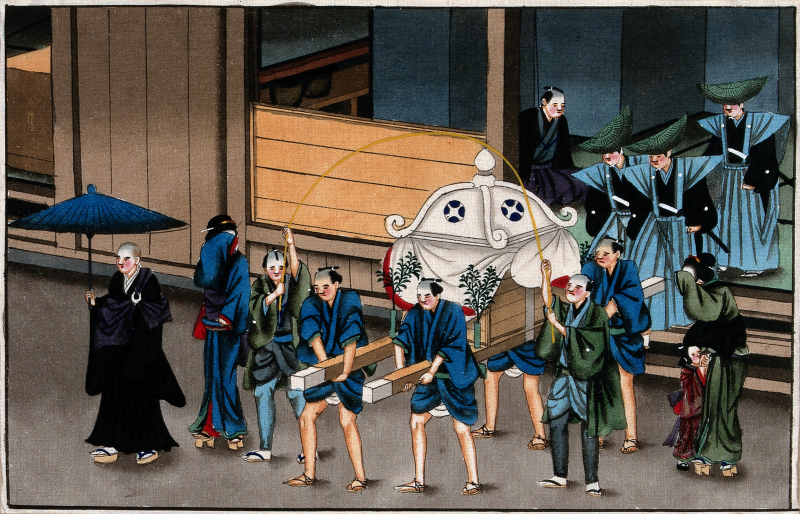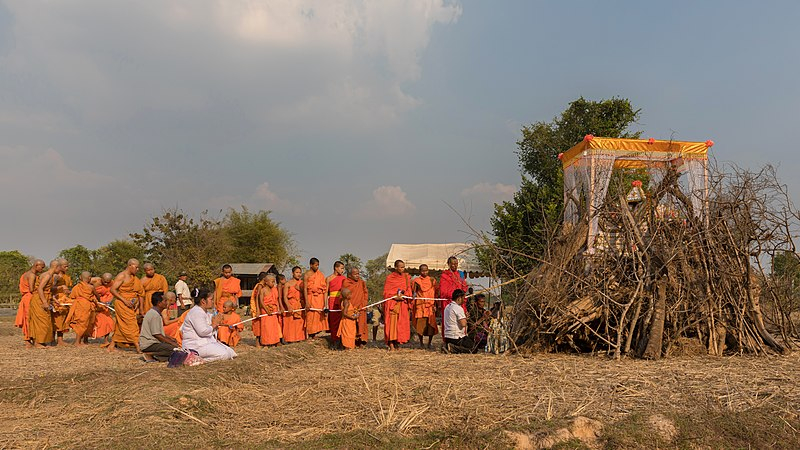Funeral Customs
Funeral customs play a significant role in expressing Buddhism's beliefs about death and the journey beyond. These customs frequently encompass an array of rituals, serving practical and symbolic objectives alike. Such practices may contain the chanting of scriptures, recitations, and offerings, all intended to steer the consciousness of the departed and foster a constructive atmosphere for their onward voyage.
Cremation is a widespread tradition in numerous Buddhist cultures. The act of cremating the body is a poignant symbol of the transient nature of the physical realm and facilitates the elemental return to the natural world. Close companions and family members of the departed frequently present offerings of nourishment, blossoms, and candles to amass merit in honor of the deceased. This accrued merit is thought to provide sustenance for the departed's voyage and forthcoming rebirths.
Recitations of Buddhist scriptures and prayers commonly resonate throughout funeral ceremonies. These reverberations of sacred chants bestow blessings and channel affirmative energies toward the departed, offering support in their passage to the next phase of existence. After the funeral, there may be ongoing practices such as regular prayers, dedications, and acts of generosity to continue supporting the deceased's journey.
Essentially, Buddhist funeral customs manifest as palpable manifestations of the belief in impermanence and the perpetual cycle of birth and death. They establish a structure that pays homage to the departed and serves as a poignant reminder to the living, urging them to nurture a life imbued with significance and compassion.












